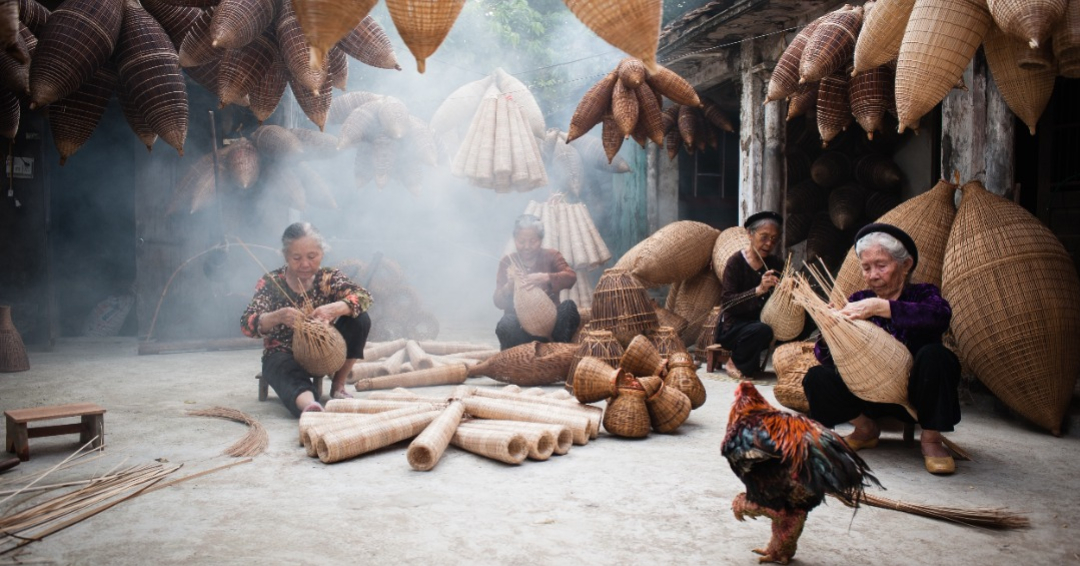The Second Global Bamboo and Rattan Congress (BARC 2022) was held in Beijing, China between November 7-8, to promote the use of bamboo and rattan as nature-based solutions to reduce plastic pollution and reach net-zero emissions.
BARC 2022 brought together representatives from governments, research institutes, international and non-governmental organizations, the private sector, and the media.
Plastic production has skyrocketed in the past decade, with 400 million tonnes now produced annually. However, only 12% of it is incinerated and 9% recycled.
Paper is not the solution, as some may think. A study found that paper bags have a higher carbon footprint than plastic shopping bags, making them less environmentally friendly than previously thought. On the other hand, bamboo and rattan can help create a green economy, address climate change, build disaster-resilient infrastructure, reduce poverty, revitalize rural areas, and protect the environment. Bamboo and rattan are beneficial for farmers, especially women, who can engage in the initial processing and add value. Rattan is particularly important for rural communities in Laos, Cambodia, and Vietnam, where it provides 50% of their cash income.
Source: UNEP-WCMC

